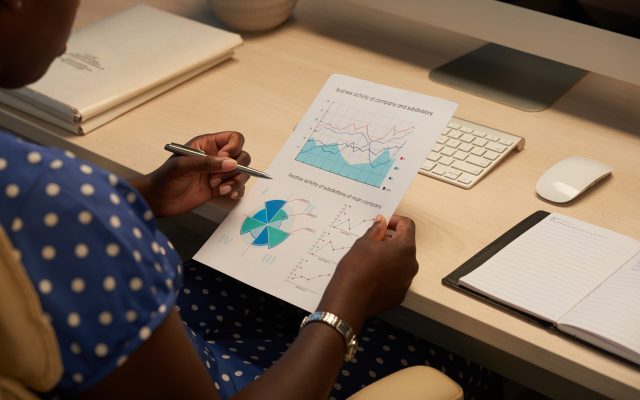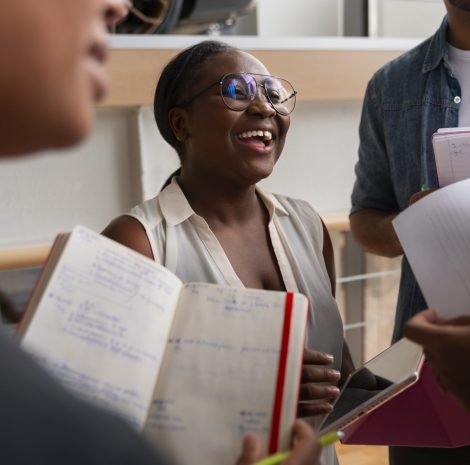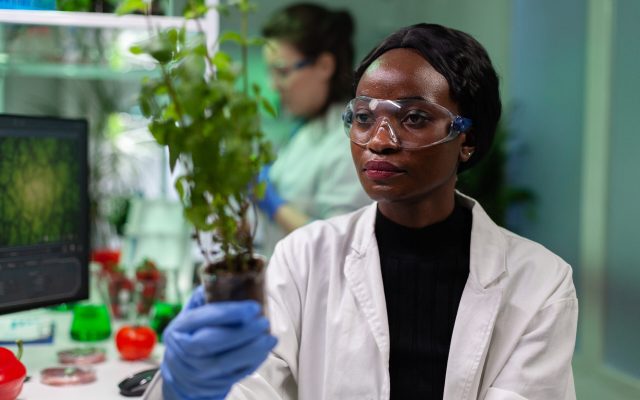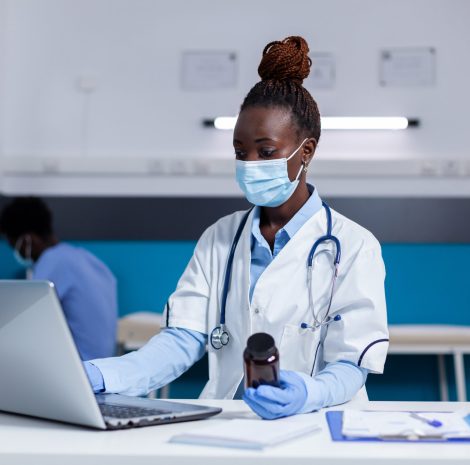Research Partnership
October 25, 2024 2024-10-25 12:23Research Partnership
Research Partnership

The Institute for Empirical Research in Political Economy
IERPE / IREEP (in French) is an empirical research center created in 2004 and considered one of the top think tanks in Africa. The center has conducted about 30 major surveys on Governance, Public Health, Education, Security, Agricultural Policies, and Electoral Behavior. IERPE has conducted or supervised the implementation of surveys in Benin, Burkina Faso, Senegal, Madagascar, Cote d’Ivoire, Democratic Republic of Congo, Mali and Togo. IERPE will continue this mission and aim to become the largest survey firm in Africa. Given that statistics and empirical research are at the core of ASE’s curriculum, IERPE is an important asset to the academic programs.
The Institute for African Studies (IAS)
The IAS specializes in qualitative research with particular emphasis on African history, sociology and anthropology. In addition, the institute will promote African culture through the teaching of African languages, performing arts, and literary events for the community. African history is a major requirement in ASE’s curriculum and the IAS plays a central role in the implementation of this part of the academic program.


The Institute for Finance and Management
The Institute of Finance and Management (IFM) is the consulting branch of ASE. IFM will provide financial and technical consulting services to local and international corporations on market research, marketing strategies, and human resources management. The institute also conducts original research on finance and management to improve entrepreneurship and private sector development in Africa.
The Development Research Lab
Supported with a grant from the Open Society Initiative for West Africa (OSIWA), the Development Research Lab (DRL) will focus on the use of technology to improve governance and the implementation, measurement, and evaluation of public policies and development processes. The DRL will connect computer scientists with governance experts in order to imagine and implement technology-driven improvement of service delivery, particularly in rural areas.


The Institute of Biotechnology and Agricultural Science
Explore the dynamics of global politics, diplomacy, and international cooperation. This program prepares students to understand and address global challenges, paving the way for careers in international organizations, diplomacy, and global policy-making.
Pan-African Scientific Research Council
The COVID-19 pandemic has demonstrated that scientific research is a vital human survival strategy leading to the foundation of the Pan-African Scientific Research Council (PASRC) in 2020. The PASRC’s mission is to bring together a network of African and Africa-focused scientists, economists and professionals who will lead the way in producing world-class research and influencing evidence-based policymaking on the African continent.


